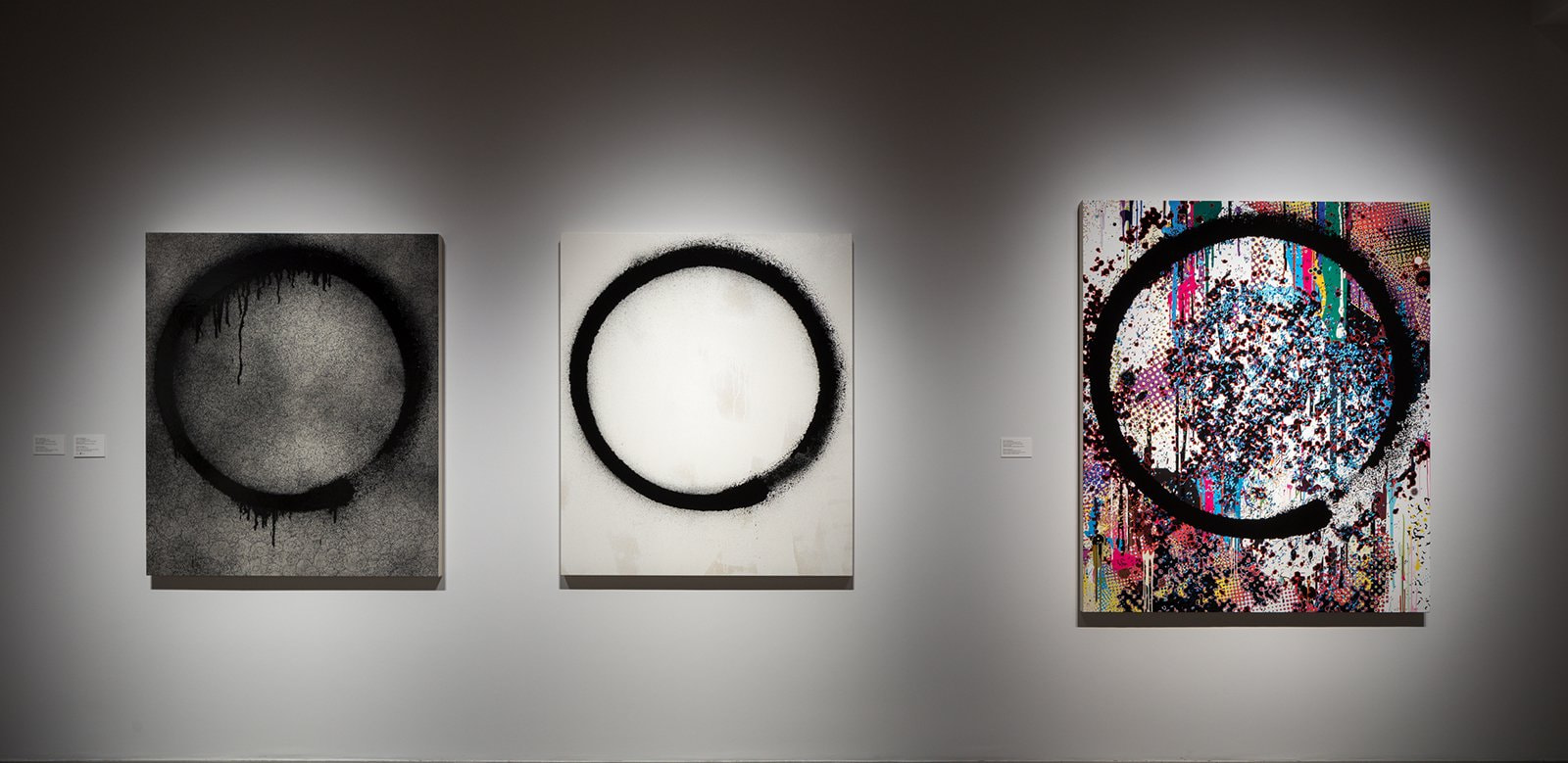The lecture is devoted to the construction of Japanese identity in the twentieth and twenty-first century. Alexander Meshcheryakov will talk about the historical, environmental, and aesthetic aspects of the transition from an aggressive identity to a peaceful one.
The search for the Japanese identity dates back to the mid-nineteenth century, when the country had to face the arrival of Western civilization. In order to stay independent, the state introduced aggressive elements to its ideology. Japan became a totalitarian colonial empire. The ideal citizen was a xenophobic samurai, a warrior devoted to the Emperor and the country. However, after the Second World War, Japan was introduced to democratic values and began constructing a new type of identity of a laborious, peaceful citizen with a heightened sense of beauty and willing to look for a compromise.

